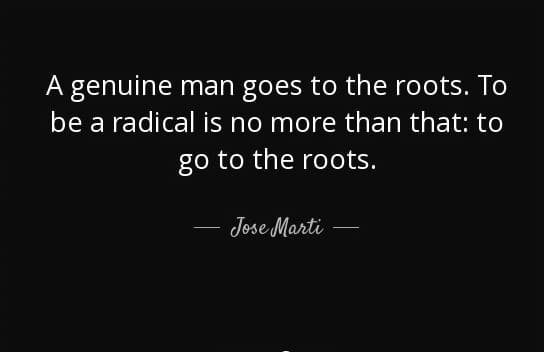Many liberals and leftists criticised the New York Times last month for giving right-wing ideologue Bret Stephens a piece of the most valuable real estate in U.S. journalism: a regular spot on its op-ed page.
I rarely find any of Stephens’s arguments compelling (his first column in favour of climate-change scepticism was embarrassing in its misunderstanding and/or distortion of the practice of science), and his politics are coherent only if you ignore all the evidence that complicates the triumphalist view of capitalism and U.S. history. But in his May 20 column “Roger Ailes: The Man Who Wrecked Conservatism,” I had to agree with this statement: “[T]he core task of journalism is something more than a liberal piety about afflicting the comfortable and comforting the afflicted,” though no doubt his conception of “something more” is different from mine.
I agree that much of mainstream corporate-commercial journalism embraces liberal pieties on social issues, economics, and foreign affairs. Mainstream journalism’s daily report on the world is based on the assumption that the existing systems that distribute wealth and power (capitalism, U.S. imperialism) are morally defensible and that the task is making them fairer and more effective. This, in addition to the fact that major journalist institutions have capitulated to these systems themselves and allowed their own distortion into outlets of ‘infotainment.’ That’s liberal piety. Journalists also report on the most grotesque and outrageous manifestations of the systems that determine status (patriarchy, white supremacy) while avoiding a direct challenge to the deeply entrenched ideas on which they are based. More liberal piety. (For a more extensive critique, see my essay “American Journalism’s Ideology: Why the ‘Liberal’ Media Is Fundamentalist.”)
If journalists were doing their jobs as laid out in widely accepted political theory and as envisioned by the First Amendment doctrine—to hold power accountable, especially when the checks and balances built into formal institutions of the republic fail—they would not settle for liberal pieties but instead would embrace the radical analyses that have animated the best of journalism throughout history. Tom Paine, the greatest journalist of the Revolutionary era, never settled for the liberal pieties of his day, which may be why he’s rarely remembered as one of our “founding fathers” despite his immense contributions to independence.

When conservatives label the press as liberal, they are correct that most mainstream journalists lean toward the liberal side of the conventional wisdom. It may be that their corporate management typically are centre-right, but you won’t find a significant number of intensely right-wing folks in mainstream newsrooms.
And you also won’t find many radicals, defined as people who go to the root and understand our problems as a predictable outcome of illegitimate systems and structures of authority. Those who are radical quickly learn to mute themselves and work within the ideological limits of the institution.

Working journalists routinely claim that they bracket out their personal political beliefs as best they can in order to report as accurately and fairly as possible, and my own experience and research suggest they usually do a good job in that limited endeavour. Journalists also say they resist, to the best of their ability, any direct attempts by managers and owners to impose political constraints on their reporting, which they also usually succeed at.
What working journalists typically fail to see is that they rarely challenge the dominant culture’s ideological assumptions—that capitalism is a fair and just system, U.S. domination of the world promotes peace and freedom, and U.S. society moves steadily toward greater fairness on race and gender.
A more radical journalism that eschews liberal pieties would help a society transcend its mythologies and confront reality. As we face not only the inhuman consequences of unjust social/economic/political systems but also multiple, cascading ecological crises, radical journalism is more necessary than ever.
Pieties, whether from the smug reactionary right or the self-satisfied liberal side of the dominant culture, won’t save us.








Article Discussion